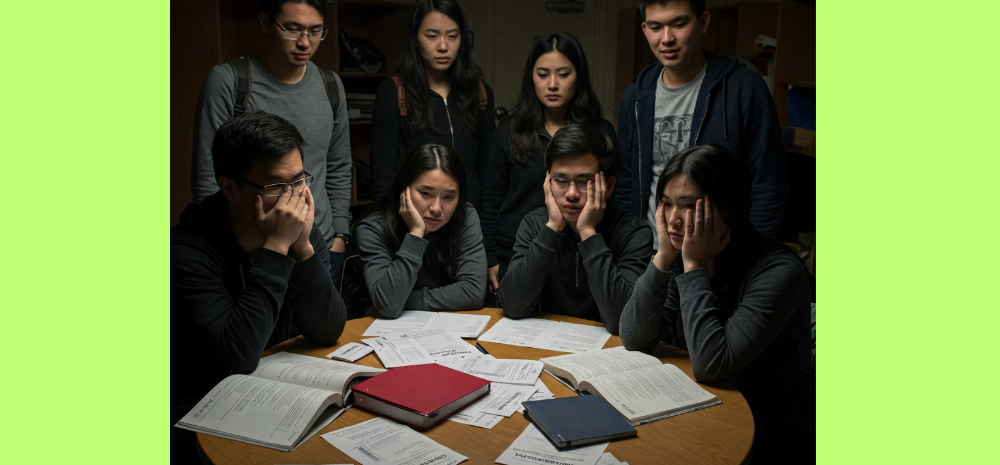In a major development raising alarm in academic circles, over 500 international students have had their US visas revoked in recent weeks. The actions stem from enforcement decisions during the Trump administration, according to a Nafsa report cited by Financial Times.
Affected students were asked to leave the country and reapply, with no clear appeal process in place. This has caused confusion, legal uncertainty, and disruption for students and universities alike.

Lack of Transparency Fuels Anxiety
Universities are struggling to keep up, as the US State Department and Department of Homeland Security reportedly acted without formally notifying institutions. The terminations came through parallel enforcement routes—visa revocations by the State Department and “status terminations” by Homeland Security.
“There is a lack of clarity, which is creating anxiety,” said Fanta Aw, CEO of Nafsa. “This is uncharted territory.”
Minor Infractions, Major Consequences
Some revocations were reportedly triggered by minor violations, such as parking fines or traffic infractions, raising concerns over disproportionate penalties. Even students from elite institutions like Harvard, Stanford, and Columbia were affected, and the wave has now extended to smaller colleges.
Fearing detainment on return, some universities have advised students and faculty against international travel.
International Impact and Legal Fallout
The repercussions are not confined to the US. The Central European University in Vienna reported a 25% surge in applications from the US, while University of Toronto also saw rising interest, hinting at declining confidence in the US as a secure academic destination.
Legal experts anticipate a “tsunami of legal cases” due to unclear procedures and potential administrative errors.
Calls for Government Clarity
On Monday, 16 university associations submitted a joint request for urgent clarity from the State and Homeland Security Departments. They cited vague notices, no appeals mechanism, and fears of mistaken identity.
With international students contributing over $43.8 billion to the US economy and supporting 375,000 jobs, the uncertainty has broader implications beyond academics.












